|
The University of Wisconsin (UW)-Madison Spooner Agricultural Research Station, UW-Madison Extension and Master Gardener Volunteers will be holding their Annual Twilight Garden Tour on Thursday, August 24 from 4-7 p.m.
To be held at the Station’s Teaching and Display Garden, located at 780 Orchard Lane off Highway 70 just east of Spooner, this is one of the region’s premier summer gardening events and it includes displays, speakers, demonstrations, and guided tours of the garden plots. Vegetable and home-made wine tastings will be available. The staff from UW-Madison Spooner Ag Research Station, Extension Educators, Master Gardener Volunteers, as well as the event’s speakers will be available to answer gardening questions and identify plant, insect and disease samples. Attendees are welcome to explore the Teaching and Display Garden as well as bring samples of diseased plants or representative photos for identification and advice. Displays will feature The American Hazelnut Company, Spooner Farmers Market, Foodwise, Wellbeing with Danette, as well as others. The expert panel of speakers will kick-off at 4:45 p.m. and then provide walking tours in which they will answer questions. Speakers and topics covered this year are:
The Teaching & Display Garden is an official All-America Selections (AAS) display garden featuring both flowers and vegetables and has been awarded multiple awards in the National Landscape Design contest sponsored by AAS. The garden also includes organic vegetable gardening, a children’s garden, container gardening, displays of table and wine grapes and the Monarch and Pollinator Sanctuary perennial garden featuring native plants. As in the past there is no charge for this educational event. In the case of severe inclement weather, the event will be cancelled and not rescheduled. Please visit www.facebook.com/spoonerag to learn more about event status in case of weather. For more information, please contact Kevin Schoessow at 715-635-3506 or 1-800-528-1914, or learn more at https://spooner.ars.wisc.edu/ or https://www.northcountrymgv.org/twilight-garden-tour.html. UW-Madison Extension provides equal opportunity in employment and programming including Title IX and ADA requirements. Please call our toll-free number 800-528-1914 if you have any special needs or require special accommodation.
1 Comment
We're entering peak season at the Spooner Agriculture Research Station, Teaching & Display Garden, located at 780 Orchard Lane, Spooner. Photos taken this week highlight native plants and All-America Selections Annuals and Vegetables. The garden is open to the public for self-guided tours during daylight hours, seven days a week mid-May through mid-September. Hover over each photo for description.
North Country Master Gardener Volunteer’s perennial garden is located at Spooner Ag Research
Teaching and Display Garden. It was completely redesigned and replanted with pollinator friendly and native plants completed in spring 2016. We saw the perennial garden as an ideal space for creating a Monarch and Pollinator Sanctuary (MAPS). We undertook this project as we learned more about the loss of pollinator habitats. Habitat loss is a result of disease, parasites, environmental contaminants and development of pristine land. Habitat loss contributes to the decline of many species of pollinators. The well-known and celebrated annual Monarch Butterfly migration south for winter and back north in Spring is a huge natural phenomenon, but has faced diminishing numbers of butterflies. Three-fourths of the world’s flowering plants depend on pollinators to reproduce. Most fruit, vegetable, seed crops - and other plants that provide fiber, medicine and fuel are pollinated by animals. A significant portion of the food we eat exists because of animal pollinators such as bees, butterflies and moths, birds and bats, beetles and other insects. Bees are the main pollinators for fruits and vegetables. They nest underground, in twigs and dead trees. There are over 250 species of bees native to North America. Bees are often considered pollinator superheroes, having adaptations which allow them to collect and transport pollen and nectar. They have the unique ability to “buzz pollinate” plant species with pollen but no nectar, such as tomatoes, cranberries, apples, cherries, blackberries, blueberries, alfalfa, red clover, snapdragons and foxglove. Butterflies seek nectar in the daytime, moths at night. Monarch caterpillars need milkweeds to grow and develop – common milkweed is most important although a variety is recommended. Monarchs need nectar to provide energy to breed, to sustain their migratory flights and to build reserve for w nter. Butterflies can see red, and love colorful flowers in warm colors. Hummingbirds are the most common avian pollinators in the US, and they love the color red. Two species of bat are major pollinators in the desert Southwest. Beetles and other insects are common flower visitors and pollinators. My personal favorite is the Midge fly, the only animal small enough to pollinate the cocoa flower, giving us billions of pounds of chocolate annually! MAPS provides habitat for pollinators to help them thrive. Measures incorporated into the garden include: • pollinator friendly plants, shrubs and trees • mix of plants with various colors and bloom times • no insecticide use • bee nesting boxes • natural compost for fertilization • removal of invasive species • thinning and mulching plant beds • trees, shrubs and vines as well as fruits and flowers Our Monarch and Pollinator Sanctuary continues to thrive, and is a designated Monarch Way Station. You are welcome to visit – we are always open! Author: Janet Mangold, Master Gardener Volunteer
Kevin Schoessow, Area Agricultural Development Agent with the University of Wisconsin-Madison Division of Extension, takes you through the Teaching & Display Garden at the Spooner Ag Research Station in July 2021.
The annuals and vegetables are showing growth and the Monarch and Pollinator Sanctuary Garden (natives and perennials) is in full bloom. The gallery below shows what is in bloom as of July 1 and there were plenty of buds that will be blooming in the next few days. Please stop by when you are in the area for inspiration.
For Taste, we have Nasturtium Jewel Blend that is colorful and edible, and Red Russian Kale, a tender and beautiful heirloom.
For Touch, we have planted the Tickled Pink Sensitive Plant ornamental that will close when touched by children (or adults, who also cannot resist them), Bunny tail grass heirloom that will delight you when you touch the fuzzy, fun flower heads, and Tall Maximum Blend heirloom snapdragons that make exceptional cutting flowers, as well as delighting you by pressing the sides of the flower to “open the dragon’s mouth”. For Sight, we have Penstemon Dazzler Blend, a wonderful dwarf blend of soft rose, pink, blue and purple hues, an heirloom Come & Cut Again Zinnia with vibrant colors that attracts butterflies in search of sweet summer nectar, Pacific Beauty Calendula Pot marigold that is edible and pollinator-attracting, and Profusion Zinnias. We have also placed a bird bath in this area, hoping to gain sight of the birds as well as the sound of their song. For Smell, we have planted Nicotiana that will grow to about 5’ tall and is topped with 3-4” trumpet-shaped white blossoms at its crown. The Nicotiana flowers open in the evening and release a pleasant, sweet fragrance, Genovese Basil that is a classic Italian Variety prized by Cooks, Lemon & Tangerine marigold that have brilliant masses of dainty flowers on compact, fragrant plants with lacy foliage, Lemon Basil that allows you to breathe in the lemony aroma, and Four O’clocks. We have placed a circular picnic bench in this area, to invite you to sit down for a while and enjoy the scents that surround you. For Sound, we have bamboo wind chimes, surrounded by Miss Jekyll Blend Love in a Mist heirloom with delightful flowers that float atop a mist of lacy foliage, and the Honesty Money Plant that is an old-fashioned garden favorite. The unusual seed pods of the Money Plant shimmer like silvery, translucent “coins”. On the entryway Arbors into the Sensory Garden, we have planted Cardinal Climbers for the Hummingbirds. The vigorous bright cardinal-red flowers grow on vines that will climb 10-15’ tall. This should provide a beautiful, shaded entry way for you. On the paths, we have planted coleus to guide you on your way thru the garden. We have placed colorfully designed with a sensory image flags in each area of the garden to designate the specific section that you are visiting. We hope you enjoy your visit and invite your friends to come along “next time”. The Teaching and Display Gardens are located on Orchard Lane, north of Highway 70 in Spooner WI. The Sensory Garden is part of the North Country Master Gardener designs made possible by a grant from the Wisconsin Master Gardener Association.
Have you visited our Teaching & Display Garden? This is a wonderful visit to make during this socially distant summer. Kevin Schoessow, Area Ag Development Agent, takes you on a tour of the popular pinwheel bed of the gardens. These beds have been "adopted" by Master Gardener Volunteers and reflect their different visions. Our gardens are open for self-guided tours during all daylight hours. Please follow the social distancing guidelines that are posted.
Reprinted from the Spooner Agricultural Research StationFacebook page.
Have you been out to enjoy our Teaching & Display Garden? Station staff and Master Gardener Volunteers work tirelessly every year to bring you this beautiful garden to visit and learn from. In this video, Kevin Schoessow takes you on an aerial tour of what it looks light right now. You will see some familiar beds and catch up on what's new this year. As always, our garden is open for self-guided tours at any time. We just ask that you follow proper social distancing and keep your group small so that all may feel safe while enjoying the garden.
Master Gardener Volunteers (MGV) maintain multiple garden projects at Forts Folle Avoine Historical Park in Burnett County. To create a welcoming space, native and heirloom gardens surround the visitor center. Vegetables are also grown on site and used as part of a fundraising dinner. To raise additional money for the historical society, MGVs provide education during a plant sale to the public. Education was also the focus when twenty-eight tea-loving history buffs turned out for a garden party at the Historical Park for a presentation on “Herbs: Now and Then” which covered how herbs were used for culinary and medicinal purposes in the past and how the same herbs are used today. This is part of a series profiling just a few of the projects that
Master Gardener Volunteers are involved with in our area in 2019. The University of Wisconsin Extension, The Spooner Agriculture Research Station and North Country Master Gardener Volunteers will be holding their Annual Twilight Garden Tour on Tuesday Aug 13th from 4 - 7:30 PM. This is one of the region’s premier summer gardening events and will feature University speakers, demonstrations, displays, food tastings and walking tour of the Seed to Kitchen Collaborative, and organic vegetable variety research trial partnering with nationally recognized plant breeders, chefs and local growers. The venue for the Twilight Garden Tour is the award-winning Teaching & Display Garden located on Orchard Lane, just east of Spooner.
Speakers will be PJ Leisch, UW-Madison Insect Diagnostic Lab Director; Brian Hudelson, UW-Madison Plant Disease Diagnostic Clinic Director; and Brian Smith, UW-River Falls Professor of Horticulture. Master Gardener Volunteers and invited speakers will be available to answer your gardening questions and identify plant, insect and disease samples. The Teaching & Display Garden is an official All-America Selections (AAS) display garden featuring both flowers and vegetables and has been awarded multiple awards in the National Landscape Design contest sponsored by AAS. The garden also includes organic vegetable gardening, a children’s garden, container gardening, displays of table and wine grapes and fruit trees and the newly renovated Monarch and Pollinator Sanctuary perennial garden. As in the past there is no charge for this educational events. The Teaching and Display Gardens are located on Orchard Lane, 1 mile east of Spooner on Highway 70. Watch for Garden Tour signs. For more information please contact Kevin Schoessow at 715-635-3506 or 1-800-528-1914, or online at http://spooner.ars.wisc.edu or on Facebook at https://www.facebook.com/spoonerag. UW-Extension provides equal opportunity in employment and programming including Title IX and ADA requirements. Please call our toll free number if you have any special needs or require special accommodations. Lorraine Toman University of Wisconsin-Madison University of Wisconsin-Extension Spooner Agricultural Research Station W6646 Highway 70 Spooner, WI 54801 715-635-3735 715-635-3506 Toll-Free: 800-528-1914 FAX: 715-635-6741 711 for Wisconsin Relay [email protected] http://spooner.ars.wisc.edu/ https://www.facebook.com/spoonerag |
|
| North Country MGV | gARDEN bLOGS |
Location |
|
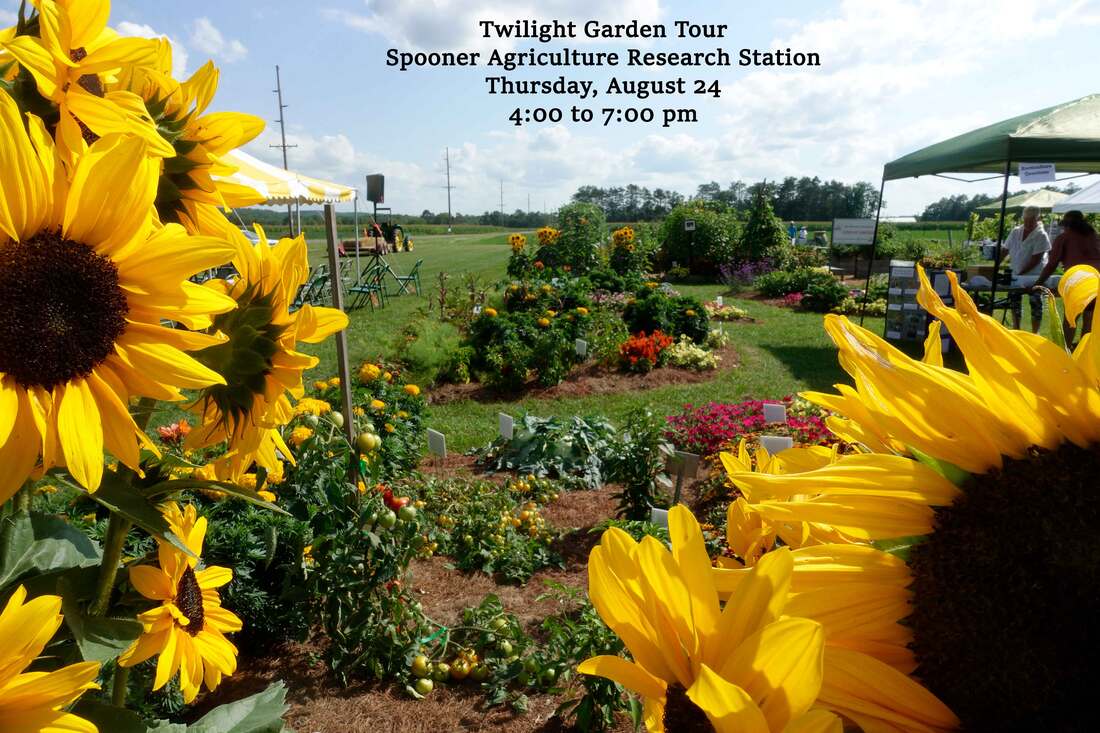
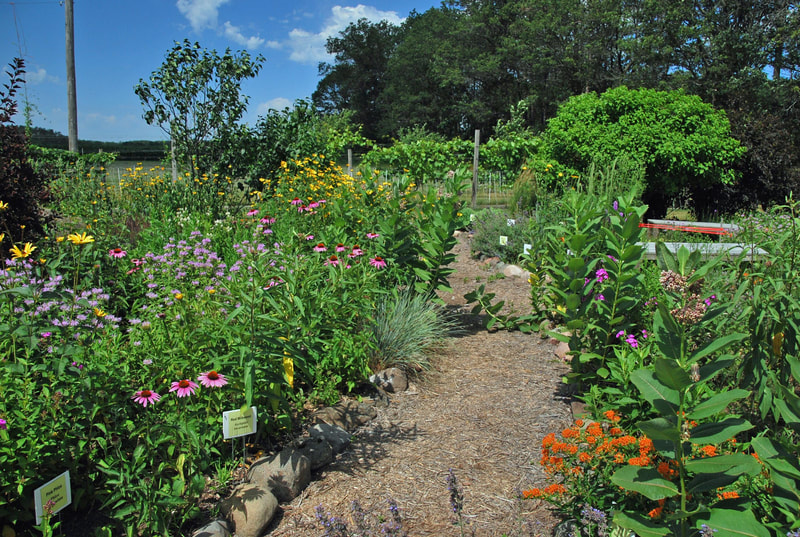
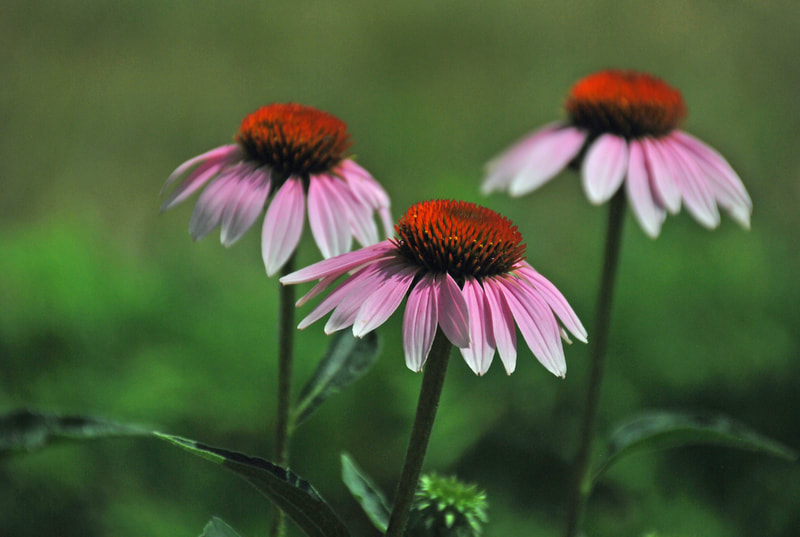
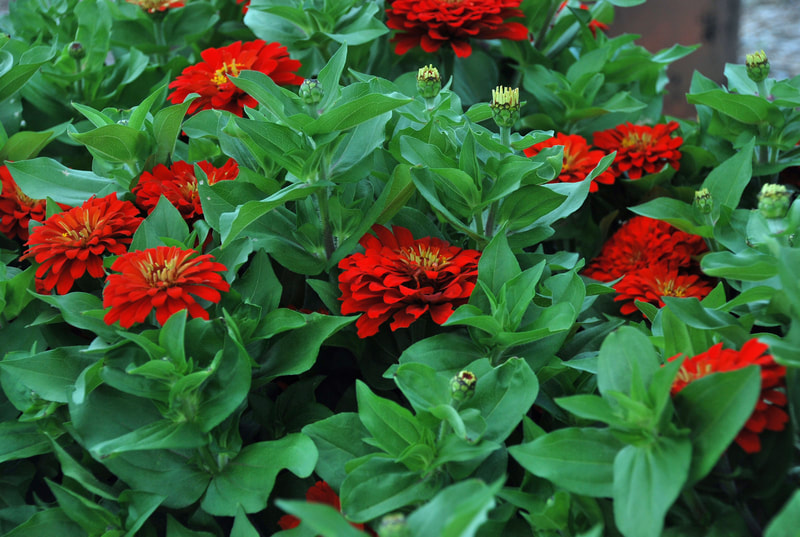
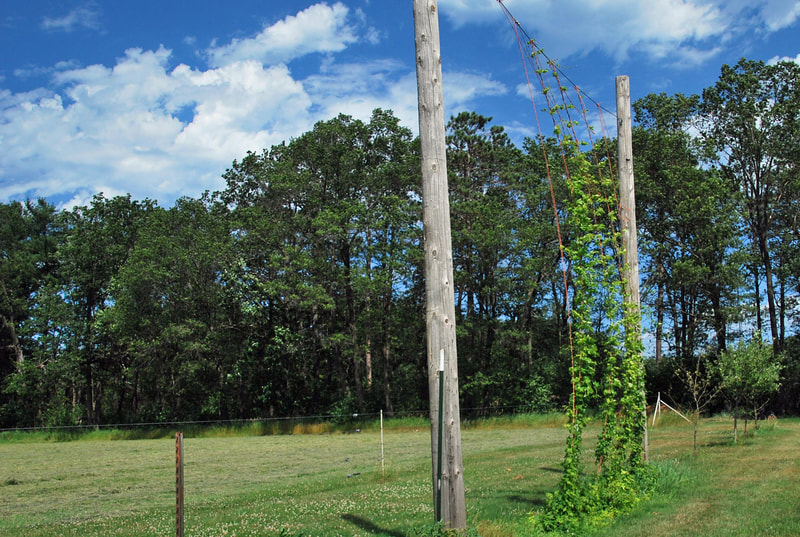
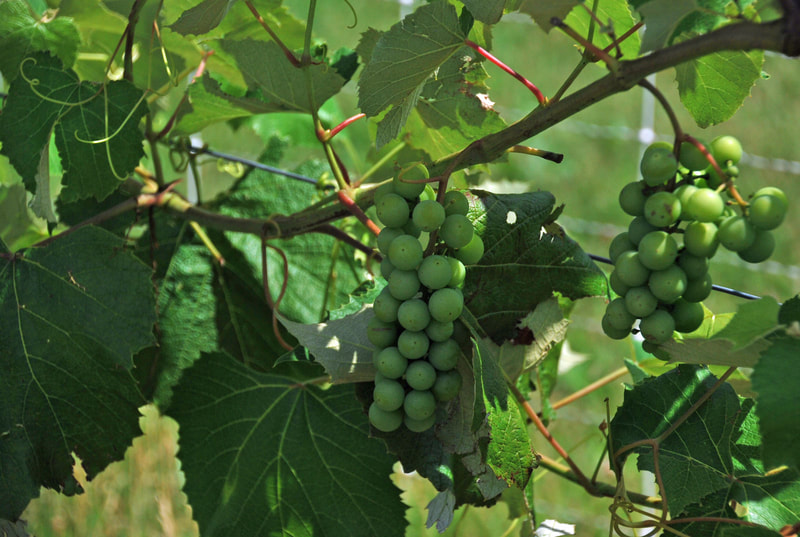
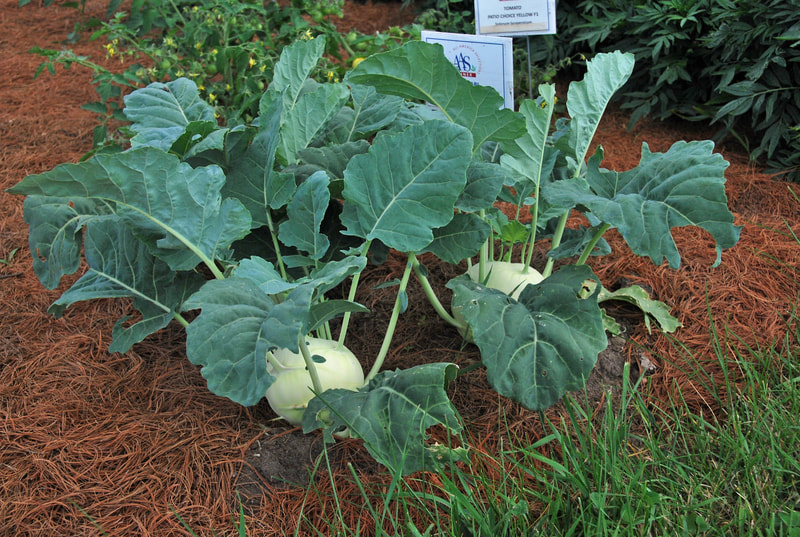
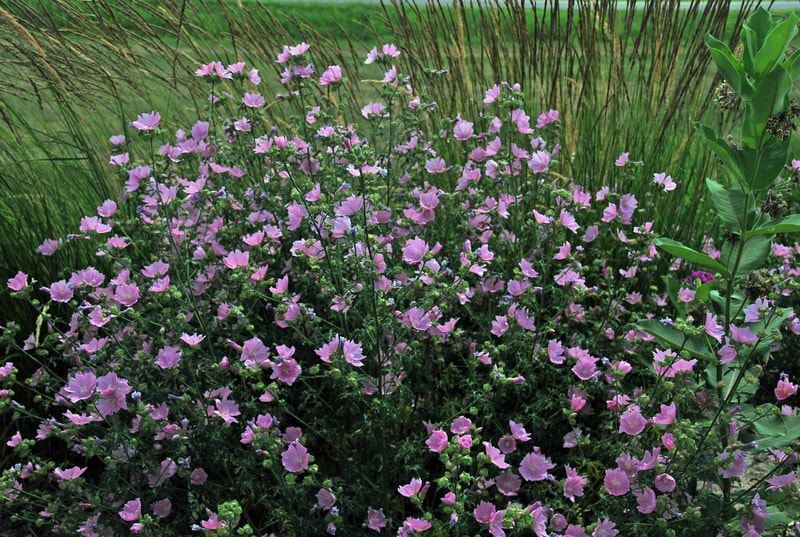
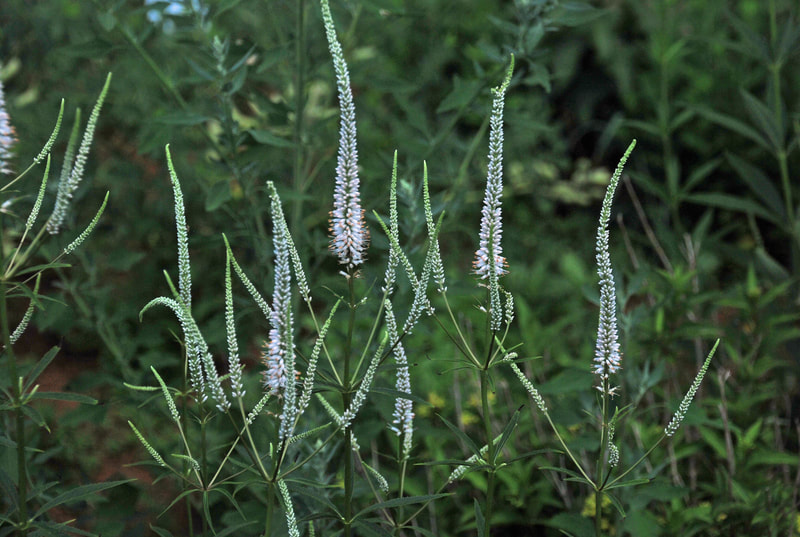
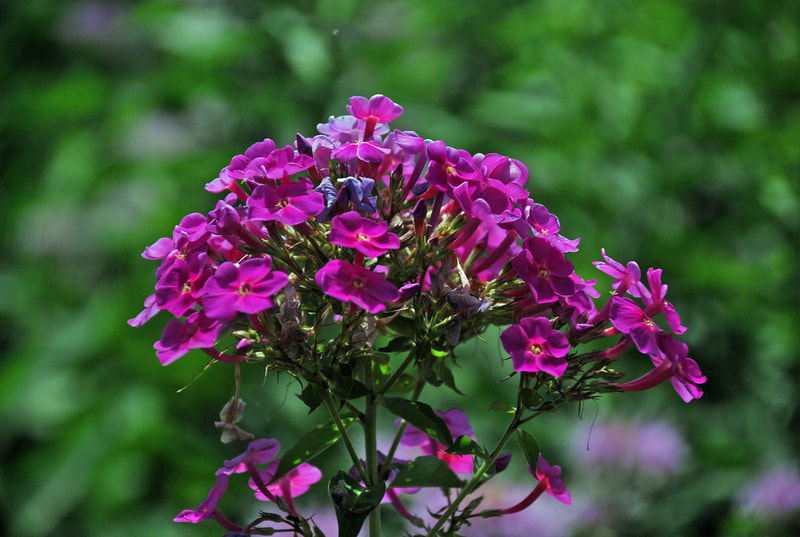
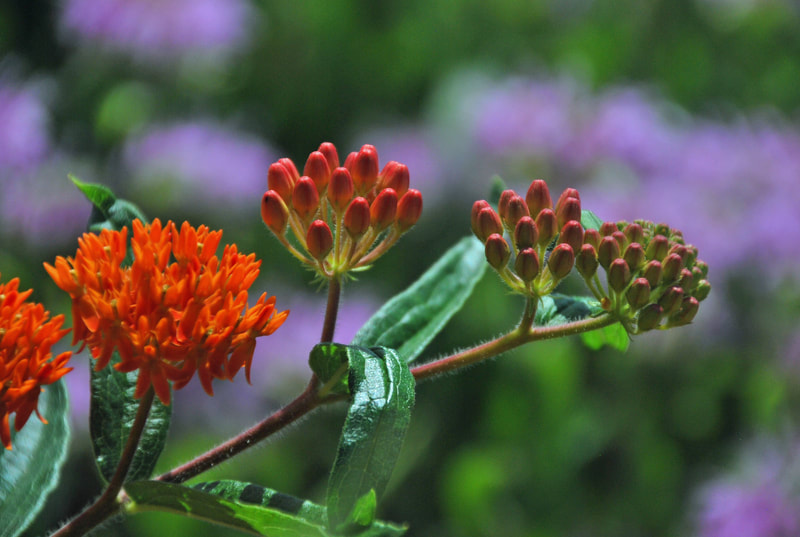
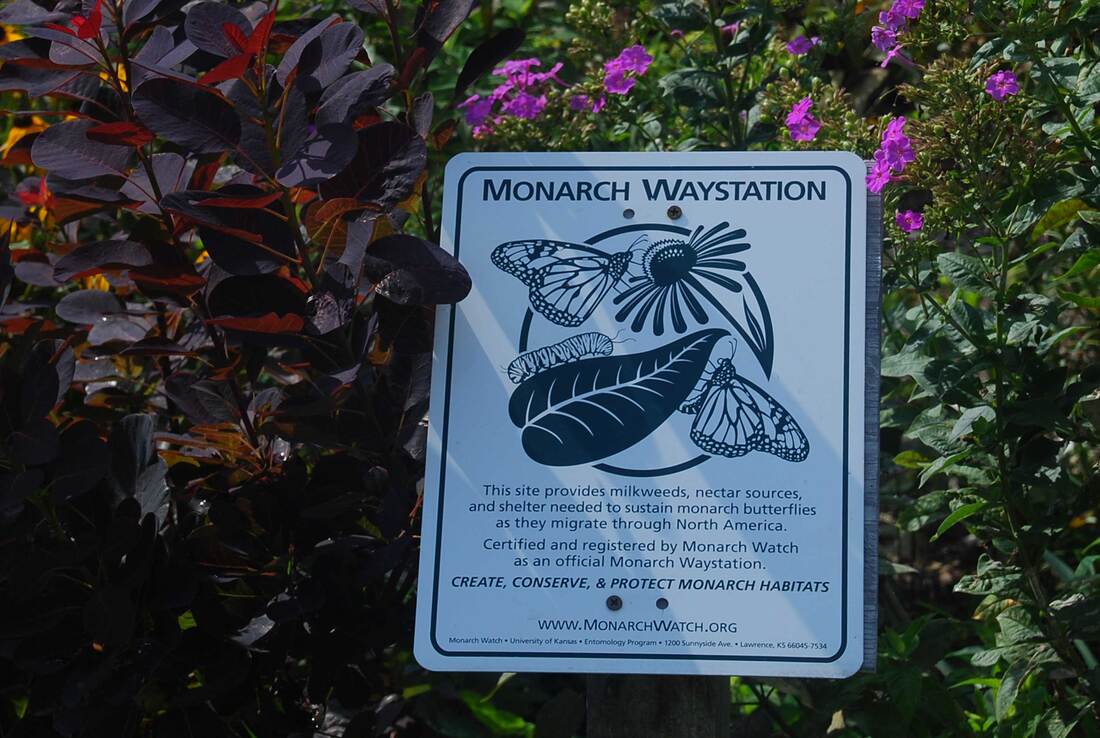
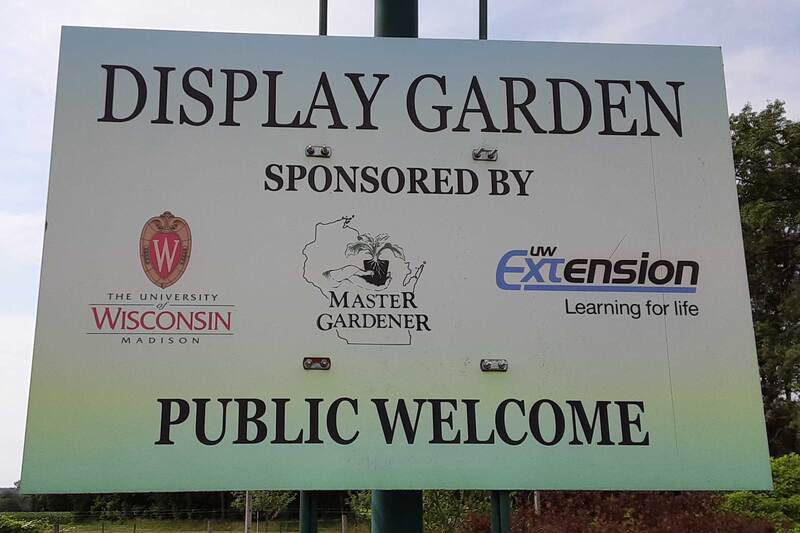
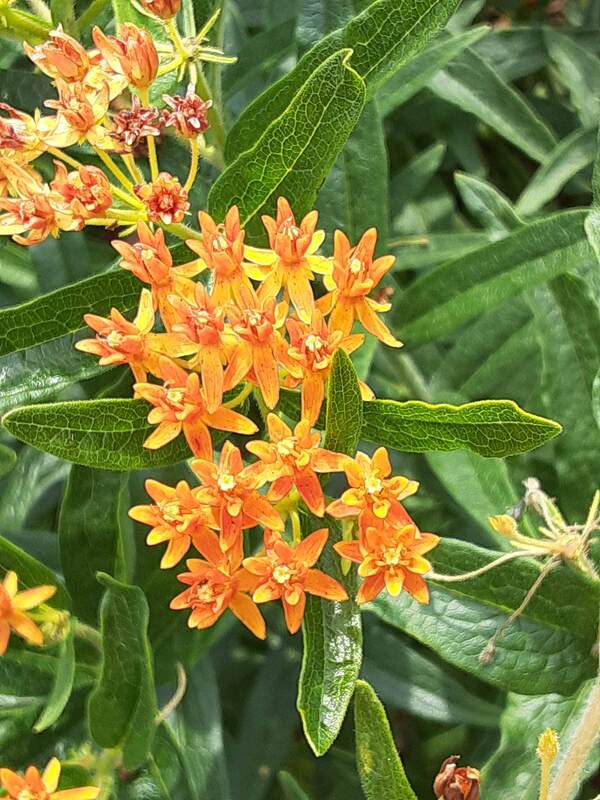
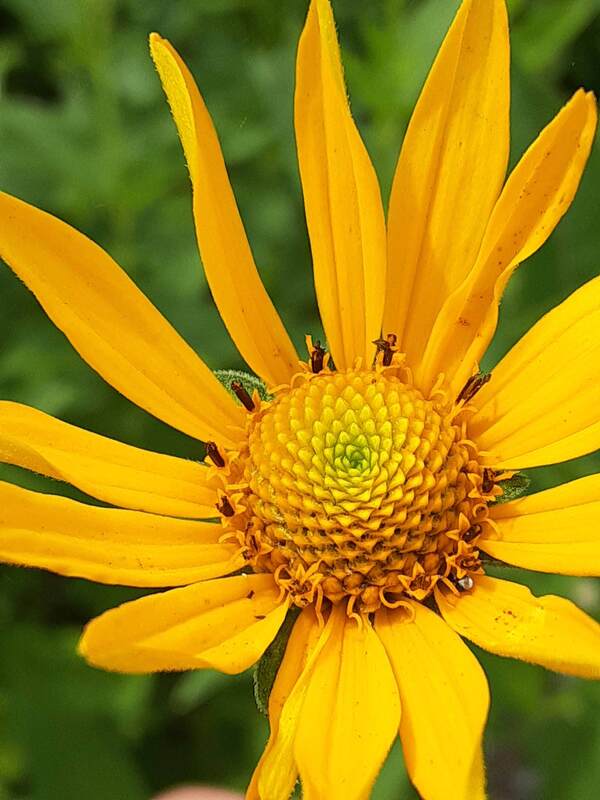
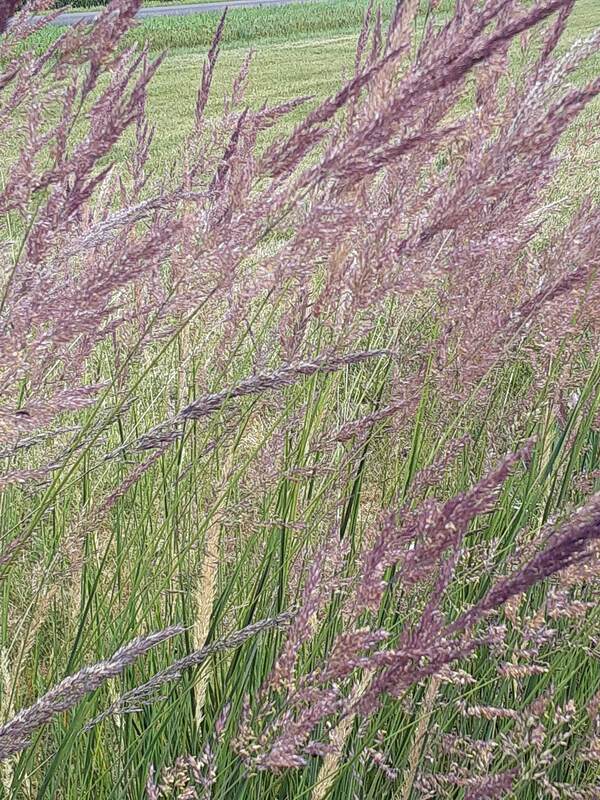
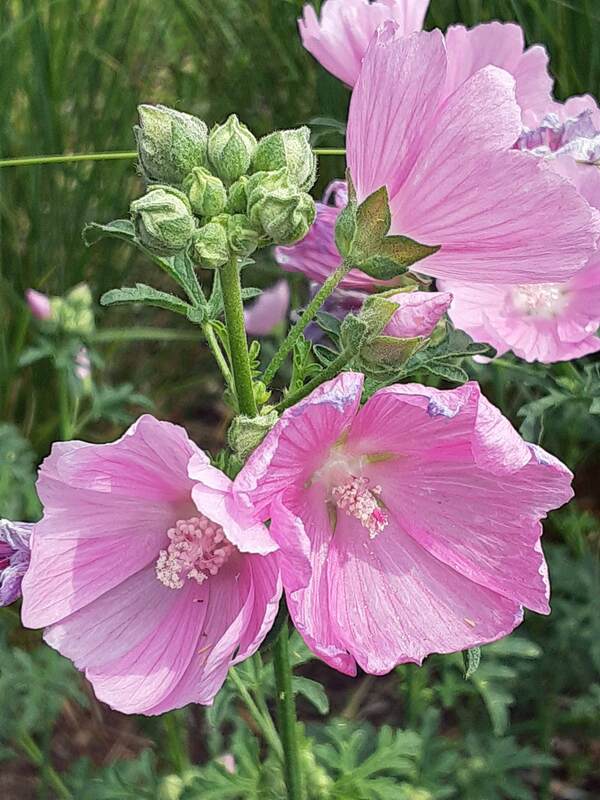
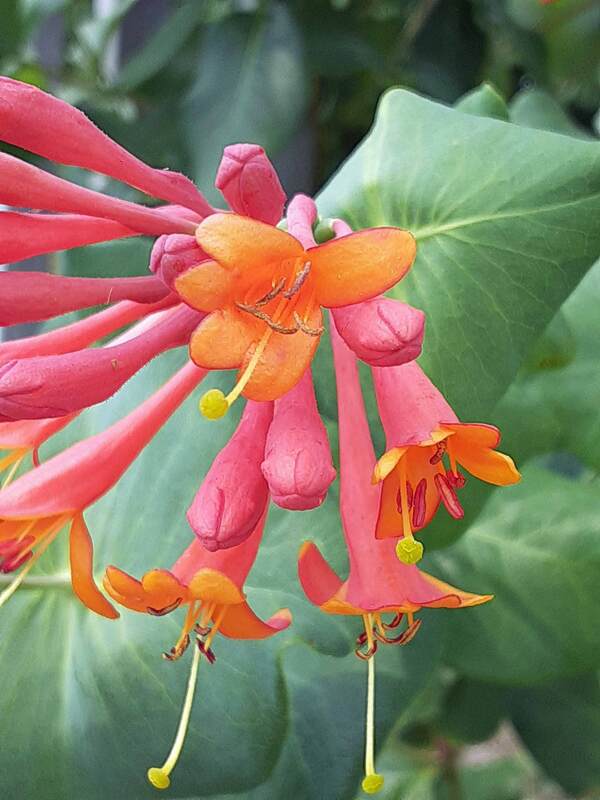
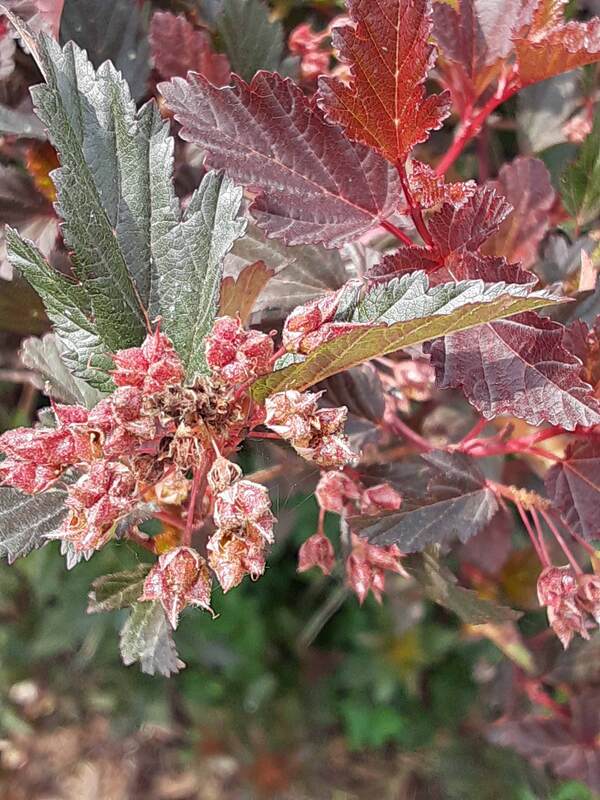
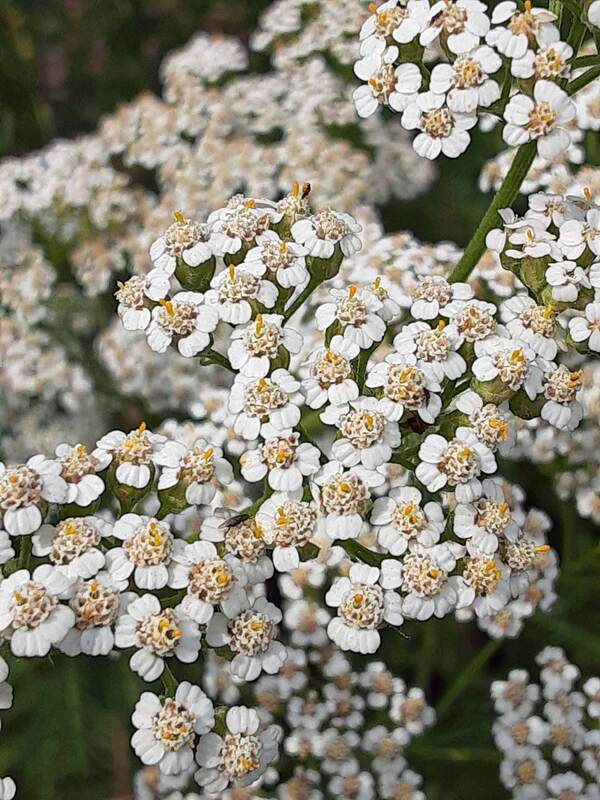
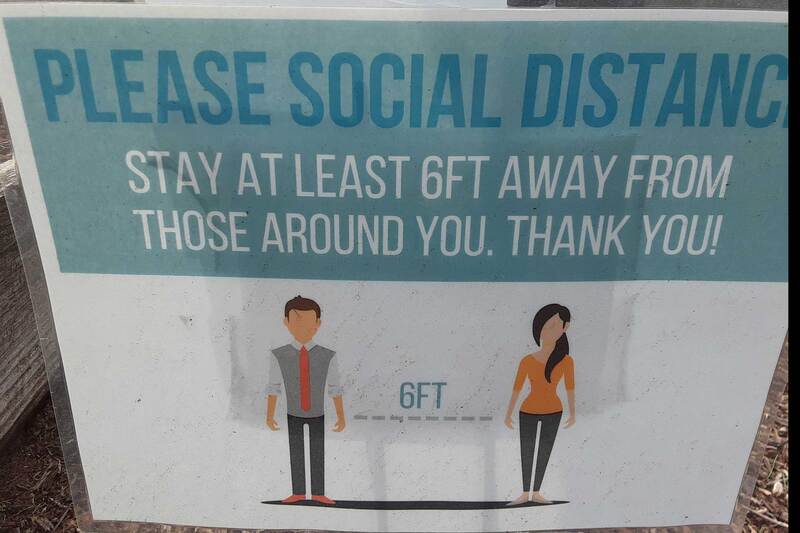
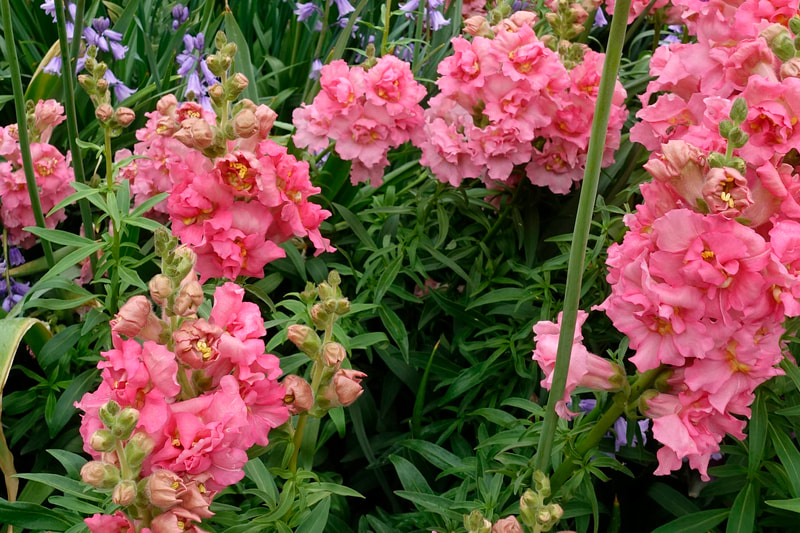
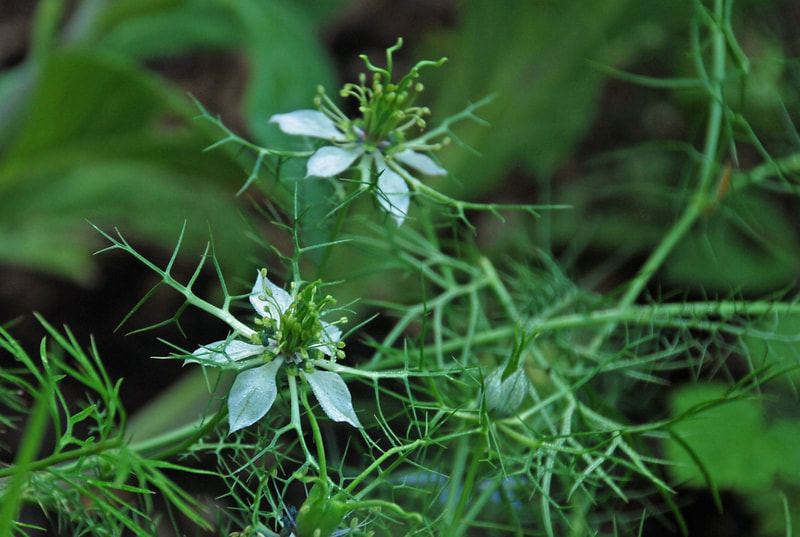

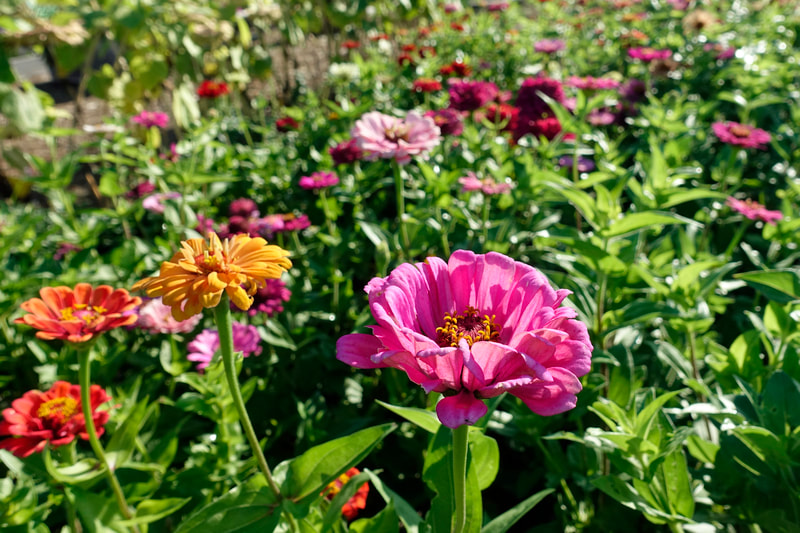
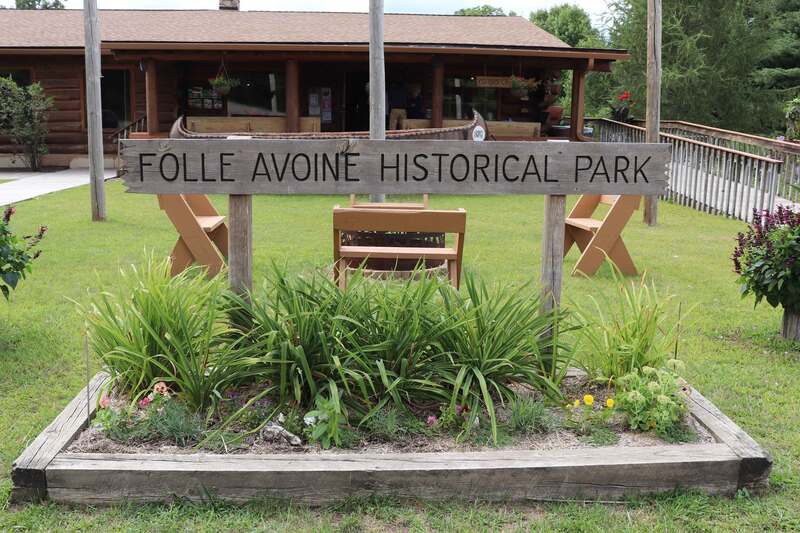
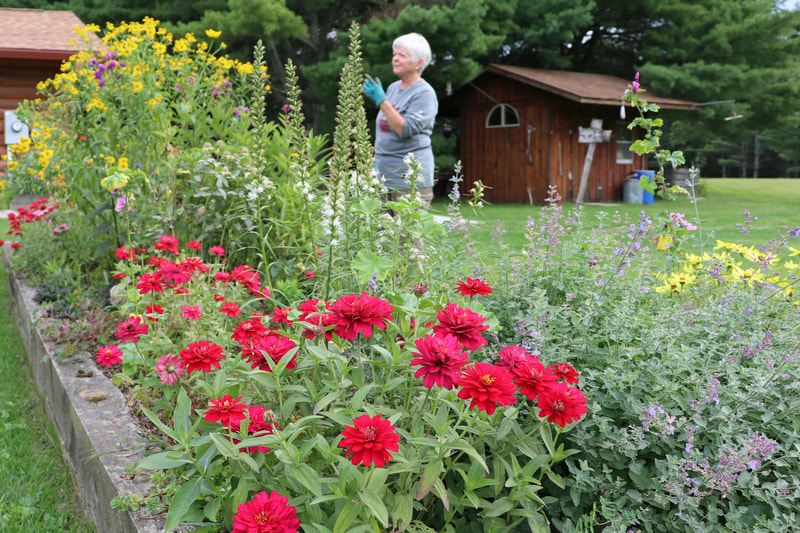
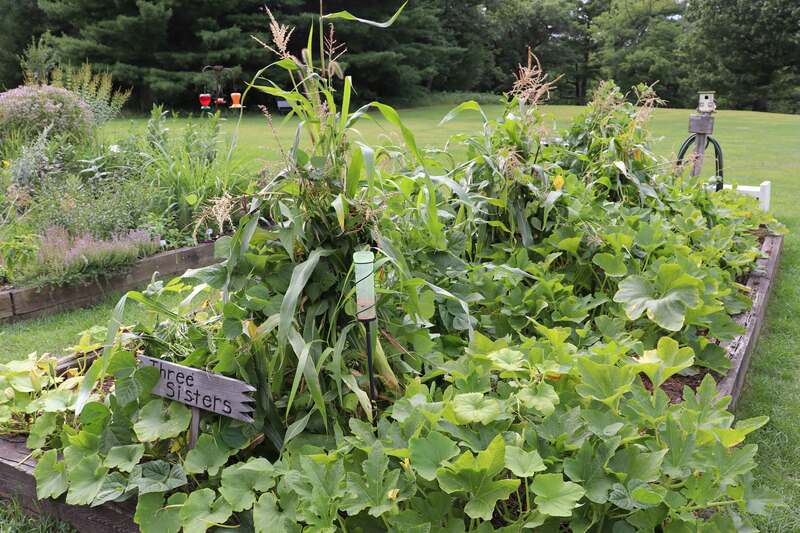
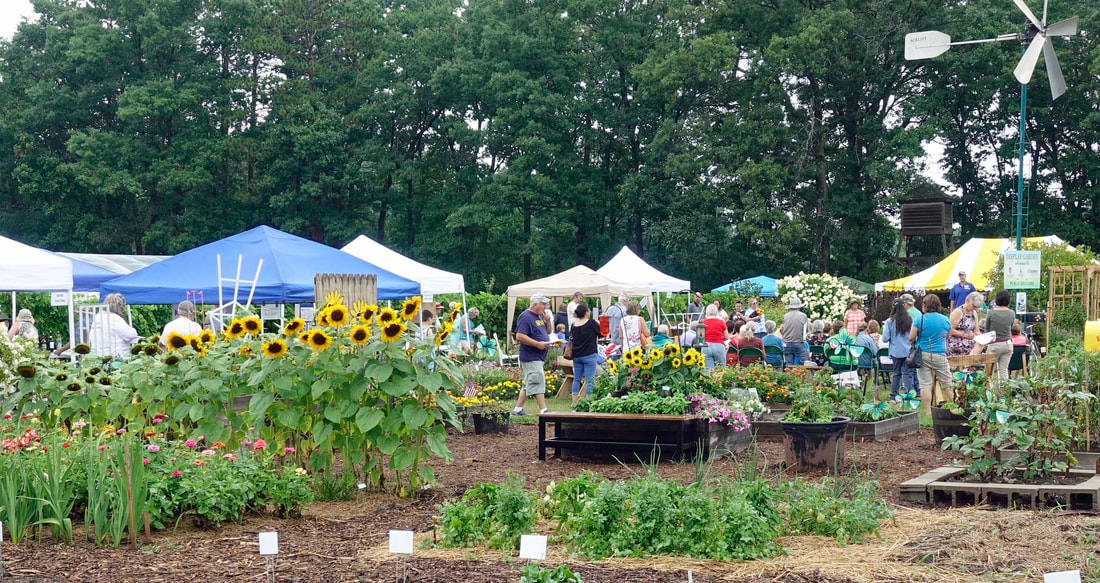
 RSS Feed
RSS Feed